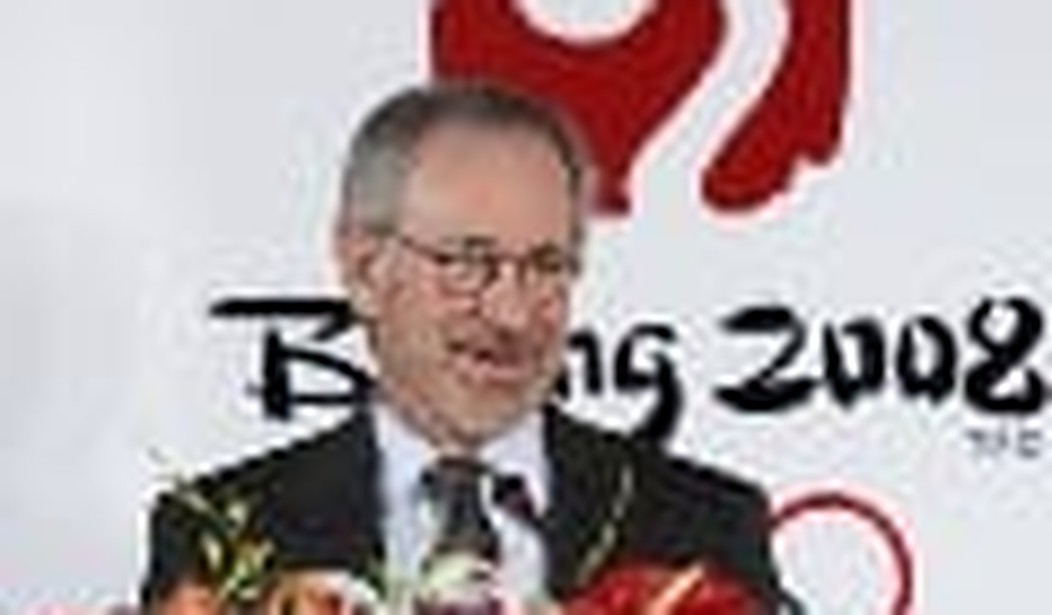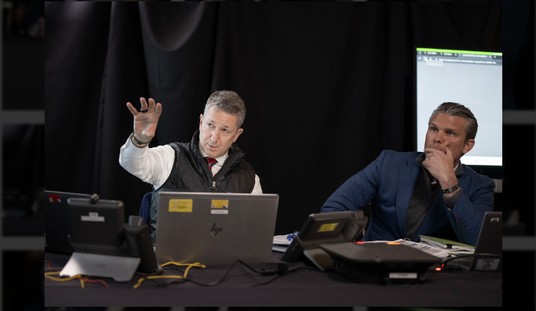As the temperatures begin to climb and the fireworks ringing in the New Year quiet down, noise was made this week when Steven Spielberg announced his decision to split with the Beijing Olympics as an artistic director, due to his concern over China’s role with the government of Sudan and its handling of the situation in Darfur. While in the west many news agencies were reporting the news as a moral stand against tyranny, here in China it was barely reported at all. Herein lies the problem for Mr. Spielberg and the cause of those pushing the Darfur situation upon the Chinese government.
The government has a firm grip on old media — movies, television, newspapers, radio. Recent reporting on most Chinese news websites has focused on who is going to the Olympics and the preparations to make it successful — not who isn’t going and why. Spielberg made an attempt to make a statement by his refusal to work with the organizers of the Olympics, and perhaps make a statement to the people of China too. Well, he only made a statement to the western media outlets. In China, nobody cares.
When working with the Chinese, it is important to work from a position of strength, but also a position of friendship and trust. The entire culture is run through this principle — friendship, relationships, what can you do for me — guanxi. Mr. Spielberg, by announcing through the media his intentions of withdrawing because of political convictions, broke that trust and those that he worked with will do whatever it takes to shut him out of China in the future.
In the late 90s Taiwan pop star A-Mei was blazing a trail through China with ground-breaking concerts, packing stadiums with tens of thousands of screaming fans. Her face was everywhere in Guangzhou and other cities in China — street signs, television ads, bus ads, you name it. A-Mei was to the Chinese in the late 90s what Michael Jackson was to America in the mid 80s. Young, cute, and energetic, she was a symbol of the times for the youth. And then, in 2000 she sang the Taiwan national anthem at the inauguration of President Chen Shui-Bien. Overnight, the ads were gone, her face was gone, and her voice was not to be heard on the radio, wiped clean by the state censors. News of her action spread and by the time she reemerged in China for concerts, her star had faded. The regular folk in China viewed her as a “traitor” to the one-China vision. While she resumed to play to big crowds a year or so later, her popularity among ordinary people and her market appeal disappeared.
On any given day, walking through the city of Guangzhou, or any southern Chinese city for that matter, you run across folk from all walks of life. The Chinese economic boom has enriched (literally) the lives of many in this region and there are many that are trying their best to enrich their lives too. Usually at every subway station entrance or near major shopping districts in the city, you will find countless street vendors selling the latest Hollywood-released movies and television series on DVD for RMB10 to RMB20 each (USD1.50-3.00). Mr. Spielberg and others in Hollywood have been working very hard with the government to put an end to this blatant piracy of intellectual property rights, with limited success. While the government has a firm grip on the media, they do have a hard time putting down some of these types of activities, because the local relationships between officials and those making money off these counterfeits are often times inseparable. Some of the agreements have been the gradual acceptance of more and more Hollywood movies into theaters and other agreements which actually endorse the early DVD release of movies (earlier than in the USA) with Chinese language subtitles and voice-overs. With Mr. Spielberg’s recent “embarrassment” to the government, look for the government to begin “banning” his movies and turning a blind eye to the counterfeits (of his movies particularly) as well.
Western governments and societies were all founded on the same Christian principles and their laws are built on those same principles of morality and fair play; modern day China was not. China was founded on the atheist principles of communism and has morphed into what it is today: business and making money. There is little regard for “moral” issues when it comes to the competition over business interests.
Mr. Spielberg, who made a stand he felt was morally superior to those he was working with, will find it quite frustrating in the future to make any sort of inroads into the growing consumer market that is China, just as A-Mei before him.
GZ Expat is an American living and working in Guangzhou for 9 years in manufacturing and development of consumer products for export around the world.









Join the conversation as a VIP Member